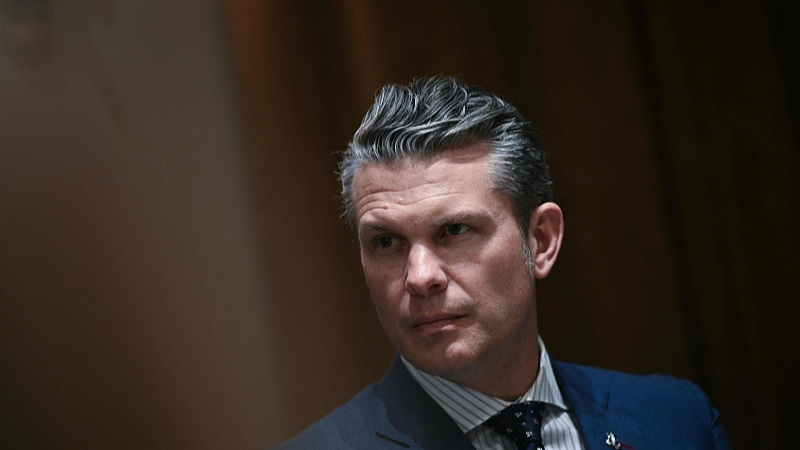The U.S. military has sunk its eighth alleged drug-trafficking vessel in international waters of the Eastern Pacific, marking the first strike of its kind in this region. Defense Secretary Pete Hegseth announced on X that the operation, directed by President Trump, targeted a ship accused of narco-trafficking along a well-known smuggling route.
According to Hegseth, the vessel was operated by a “Designated Terrorist Organization” and carried contraband meant for the U.S. border. Two people aboard were killed when the strike was launched near Colombia’s Pacific coast, raising the total death toll from these operations to at least 34 this year.
These missions follow seven earlier U.S. actions in the southern Caribbean since September, aimed at intercepting boats moving narcotics from Venezuela to the United States. By treating drug cartels as narco-terrorist threats, Washington has escalated its maritime campaign, vowing “no refuge or forgiveness—only justice.”
However, the strikes have also strained U.S. ties with Colombia. President Gustavo Petro accused the U.S. administration of “murder” after a recent Caribbean operation. In response, the U.S. cut aid and threatened tariffs, signaling growing friction with a key partner in the hemisphere.
As global attention intensifies on the war on drugs, these strikes spotlight the complex balance between security, sovereignty and human rights on the high seas. For international citizens tracking geopolitics, it raises fresh questions: How far can nations go to defend borders, and what oversight governs lethal force in international waters?
Reference(s):
U.S. military kills two in strike on alleged drug vessel in Pacific
cgtn.com



